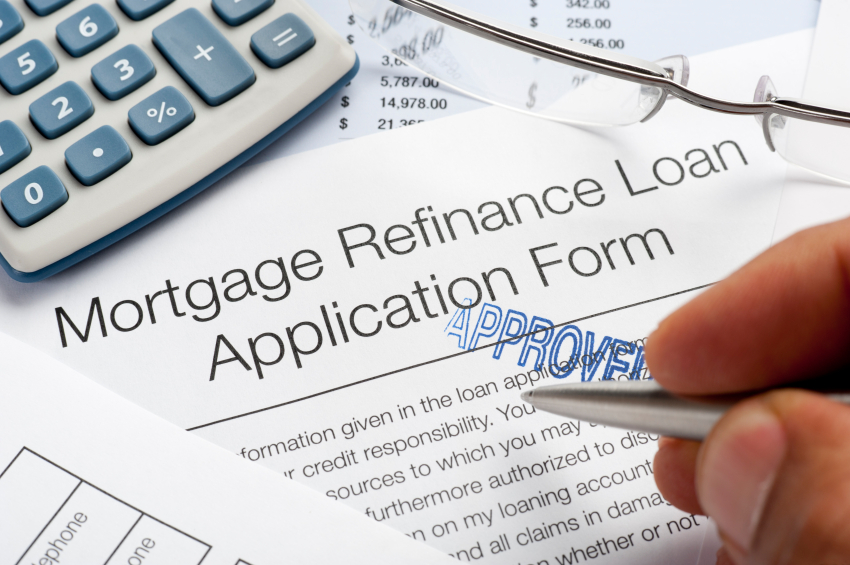Cooperative apartments—known as co-ops—are not really owned by people as real property. Instead, people own shares of stock in the company that owns the building in which they live. But for all practical purposes, the experts say owning a co-op is almost like owning real property. Personal loans to “buy” a co-op apartment are written almost like mortgages. And the IRS treats co-op owners much like real property owners. They can deduct interest paid on their apartment loans and on their portion of the municipal taxes and mortgage interest paid by the corporation.
Shareholders in a co-op are entitled to occupy specific units, use the common areas, and have a vote in the corporation. To maintain this right, they must pay a monthly fee that covers their share of operating expenses.
As for governance, a board of directors, which is elected from among the residents, runs the co-op. Under most bylaws, the board may evict any tenant/shareholder who fails to pay the monthly maintenance fee. Everyone is expected to abide by the rules, which may prohibit pets or even children under a certain age.











